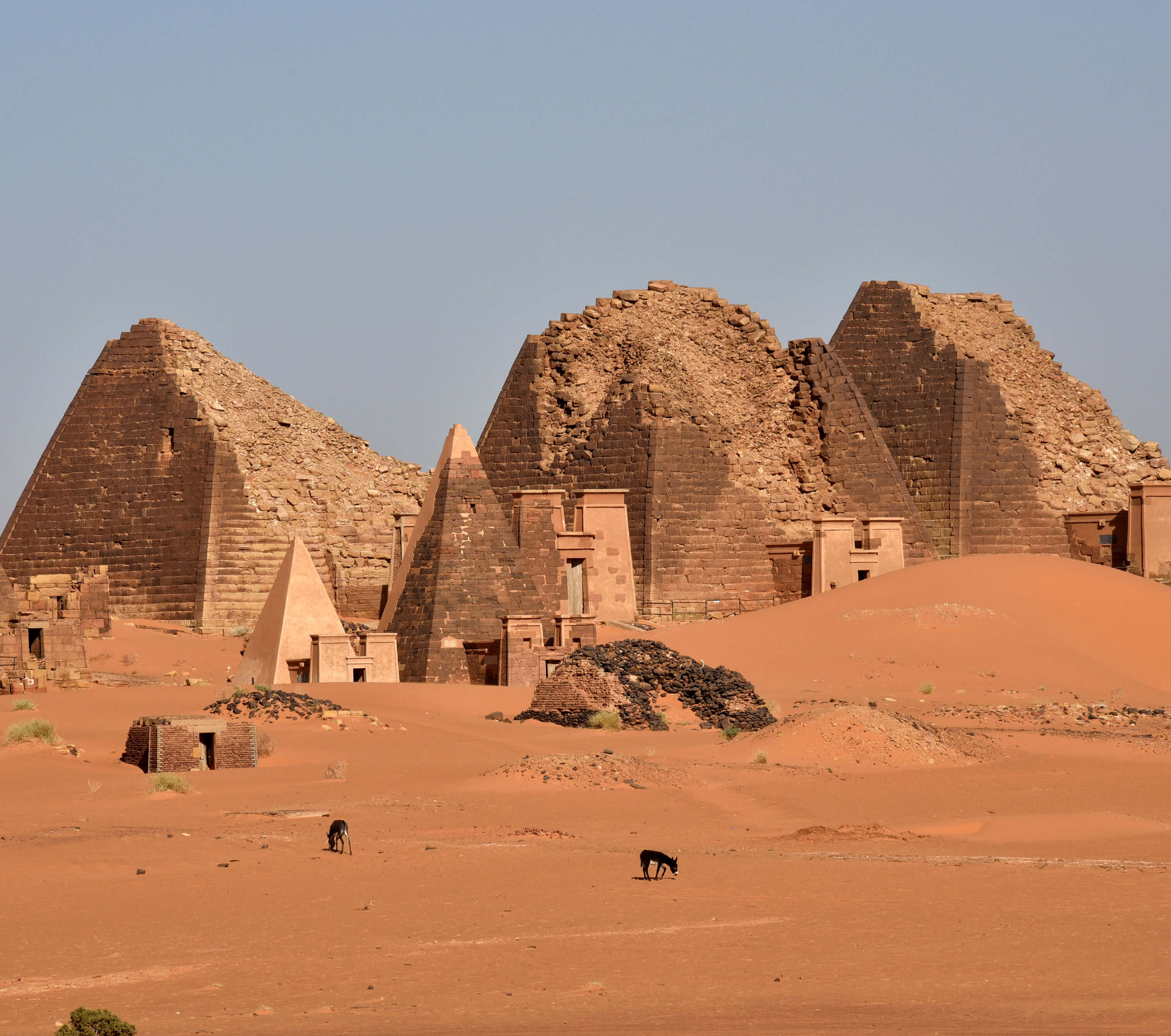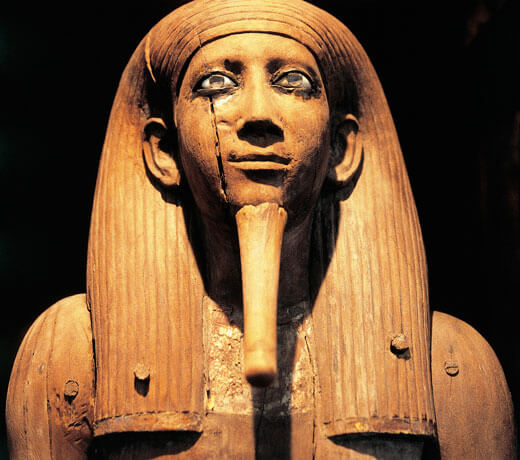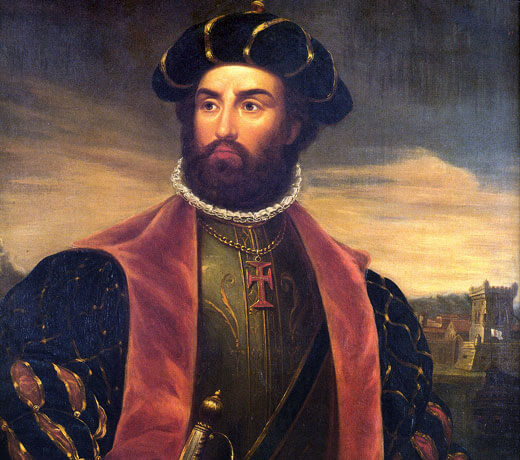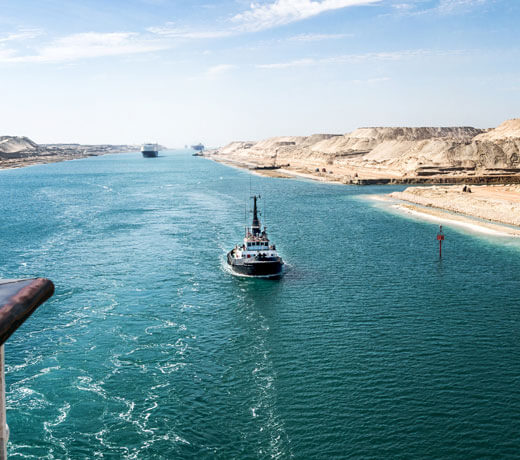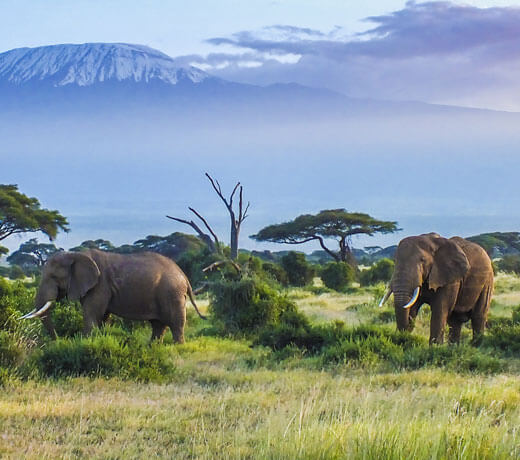In the late 15th century, African society, especially in West Africa, was highly developed and complex. There were powerful kingdoms. There were complicated trade relations.
There was sophisticated art and enormous wealth. And there were places of advanced learning. In some societies, democratic principles of government were in use. An example is councils of elders or other age- or kinship-based bodies.
This is how a Spanish official described the city of Timbuktu, in Mali, in 1550: “There you will find many judges, professors and devout men, all handsomely maintained by the king, who holds scholars in much honor. There, too, they sell many handwritten North African books, and more profit is to be made there from the sale of books than from any other branch of trade.”
This is the world the Europeans encountered when they arrived. It would never be the same.


